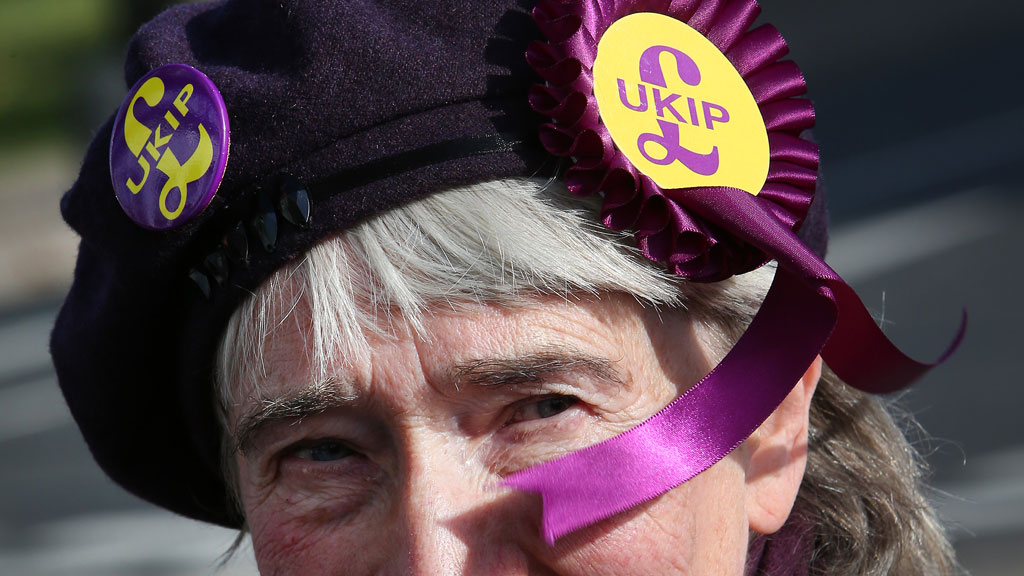What do young people think of Ukip?
Ukip has won its first by-election at the Conservatives’ expense and finished just behind Labour in another parliamentary seat. So is it a case of onwards and upwards for Nigel Farage’s party?

Ukip managed almost 60 per cent of the vote in Clacton and getting on for 40 per cent in Heywood and Middleton. But nationally, according to YouGov’s latest poll in the Sun, the party is on a more modest 15 per cent.
When looking at where Ukip draws its support, age is an important factor: the over-60s are among the groups most likely to vote Ukip, with the under-40s least likely.
After the local and European elections in May, Ukip’s Suzanne Evans, who lost her council seat, was asked why her party had performed so poorly in London, compared with other parts of the country.
The problem, she said, was that people in the capital were “educated, cultured and young”.
YouGov polling shows the difficulties Ukip has in attracting young people. When asked if Ukip is a racist party, 54 per cent of 18-24s say it is, compared with 30 per cent of over-60s.
On whether Ukip is “more likely than other parties to have candidates with racist or offensive views”, 69 per cent of 18-24s answer yes, against 45 per cent of over-60s.
‘Oddballs and extremists’
Some 22 per cent of under-24s disagree with the statement that Ukip is “full of oddballs and extremists”, while 40 per cent of over-60s take the same line.
Asked if Ukip is “more in tune with the concerns of people like me than the other three parties”, 60 per cent of under-24s disagree, compared with 41 per cent of over-60s.
Polling this month by the Conservative peer and former donor, Lord Ashcroft, shows the mountain Ukip has to climb if it is to capture the young vote: just 8 per cent say they would vote Ukip in a general election, compared with 13 per cent of 45-54s and 15 per cent of 55-64s.
In a poll carried out in Clacton five weeks ago, 28 per cent of under-24s said they expected to vote Ukip, but 44 per cent of 55-64s said they would do so.
But Ukip’s pain is not necessarily the other parties’ gain. Although many young people have not been won over by Nigel Farage’s party, that does not mean they are champing at the bit to vote for the other parties.
First-time voters
A YouGov survey of first-time voters for British Future reveals that while 3.3 million will have the chance to vote for the first time at a general election in May 2015, only 41 per cent say they will definitely do so, meaning 2 million may not make it to the ballot box.
First-time voters are far more likely to support Labour than the other parties, with 41 per cent saying they will back Ed Miliband’s party, compared with 22 per cent who will vote for the Conservatives. Ukip is in third place with 10 per cent, ahead of the Liberal Democrats and Greens, on 8 per cent each.
Ukip supporters say immigration is the most important issue facing the country, but first-time voters do not agree: the economy, unemployment and education matter more to them.